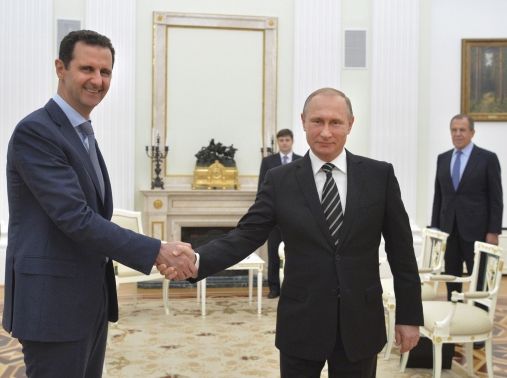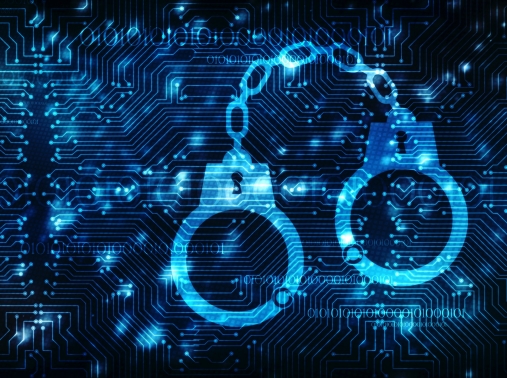|
|
RAND research and commentary on the issues that matter most
|
Oct 31, 2019
|
|
|
|
|
Photo by Cathal McNaughton/Reuters
|
|
|
|
This past Sunday, many Americans were focused on breaking news that ISIS leader Abu Bakr al-Baghdadi was killed during a U.S. military operation. While this was welcome news about the fight against ISIS, the day also marked a grim anniversary for a different form of extremism, one that has claimed more lives in the United States since 9/11 than jihadist terrorism: violent white supremacy.
One year ago, a gunman killed 11 worshippers at the Tree of Life synagogue in Pittsburgh—just a mile from the home of RAND's Colin Clarke, a terrorism expert. It was the deadliest attack on the Jewish community in U.S. history. Awareness of violent white supremacy has increased since then, says Clarke. But the United States still has a long way to go in addressing this threat, including understanding its connections to international movements. Read more »
|

|
|
An elderly couple leaves an evacuation center during a wildfire, Poway, California, October 21, 2007. Photo by Mike Blake/Reuters
|
|
More than ten wildfires are currently raging up and down California. To prevent more fires from starting, utility companies are increasingly turning to power outages. This approach may help prevent power lines from sparking fires, but is it worth the risks? RAND researchers explain that shutting off power can have grave health implications for the very people who need protection: older adults. Until more-comprehensive decisions are made to support this population, planned blackouts should be planned better.
Read more »
|
|

|
|
Chief Executive Carrie Lam attends a news conference after her policy address for 2019, Hong Kong, China, October 16, 2019. Photo by Umit Bektas/Reuters
|
|
As the protests in Hong Kong near their fifth month, the region may have entered its most dangerous period yet. Why? According to RAND's Derek Grossman, Beijing might be more inclined to use force now that China's 70th anniversary celebration has past. There are many good reasons for Beijing not to take military action, he says. But the possibility can't be dismissed. To bring the situation back from the brink of disaster, both parties—the Hong Kong government and the protesters—may need to make difficult compromises.
Read more »
|
|

|
|
Photo by Ridofranz/Getty Images
|
|
A new RAND study finds that Americans average more than five hours of free time each day. (Men generally have a bit more than women.) They spend most of this time looking at screens—and very little being physically active. In fact, no gender or economic group reported spending even seven percent of their free time on physical activity. RAND's Deborah Cohen says that these findings suggest it's feasible to get Americans to devote at least 20 or 30 minutes a day to physical activity.
Read more »
|
|

|
|
Russian President Vladimir Putin shakes hands with Syrian President Bashar al-Assad, Moscow, October 20, 2015. Photo by Alexei Druzhinin/RIA Novosti/Kremlin/Reuters
|
|
Russia's 2015 military intervention in Syria's civil war took many by surprise. According to a new RAND report, the decision resulted from "an extraordinary confluence of political drivers and military conditions." Such circumstances are unlikely to emerge again. But this doesn't mean that Russia won't get involved in another conflict outside of its immediate neighborhood. U.S. decisionmakers should assume that Moscow won't hesitate to intervene when its interests are affected.
Read more »
|
|

|
|
Photo by blackboard/Adobe Stock
|
|
On the dark web, criminals can operate in ways that are hard for law enforcement to discover, monitor, and investigate. The dark web provides anonymity and encryption, complicating the process of identifying suspects and collecting evidence. What do law enforcement agencies need to meet this growing challenge? RAND convened a panel of experts to find out. They noted a lack of knowledge among law enforcement officials about what the dark web is—and how criminals use it. That's why training and information sharing will likely have the greatest impact.
Read more »
|
|
|
You already get the latest insights from RAND in your inbox. Why not your earbuds?
Policy Currents is now available as a weekly podcast. Five minutes, every Friday.
Subscribe now »
|
|
|
|
|